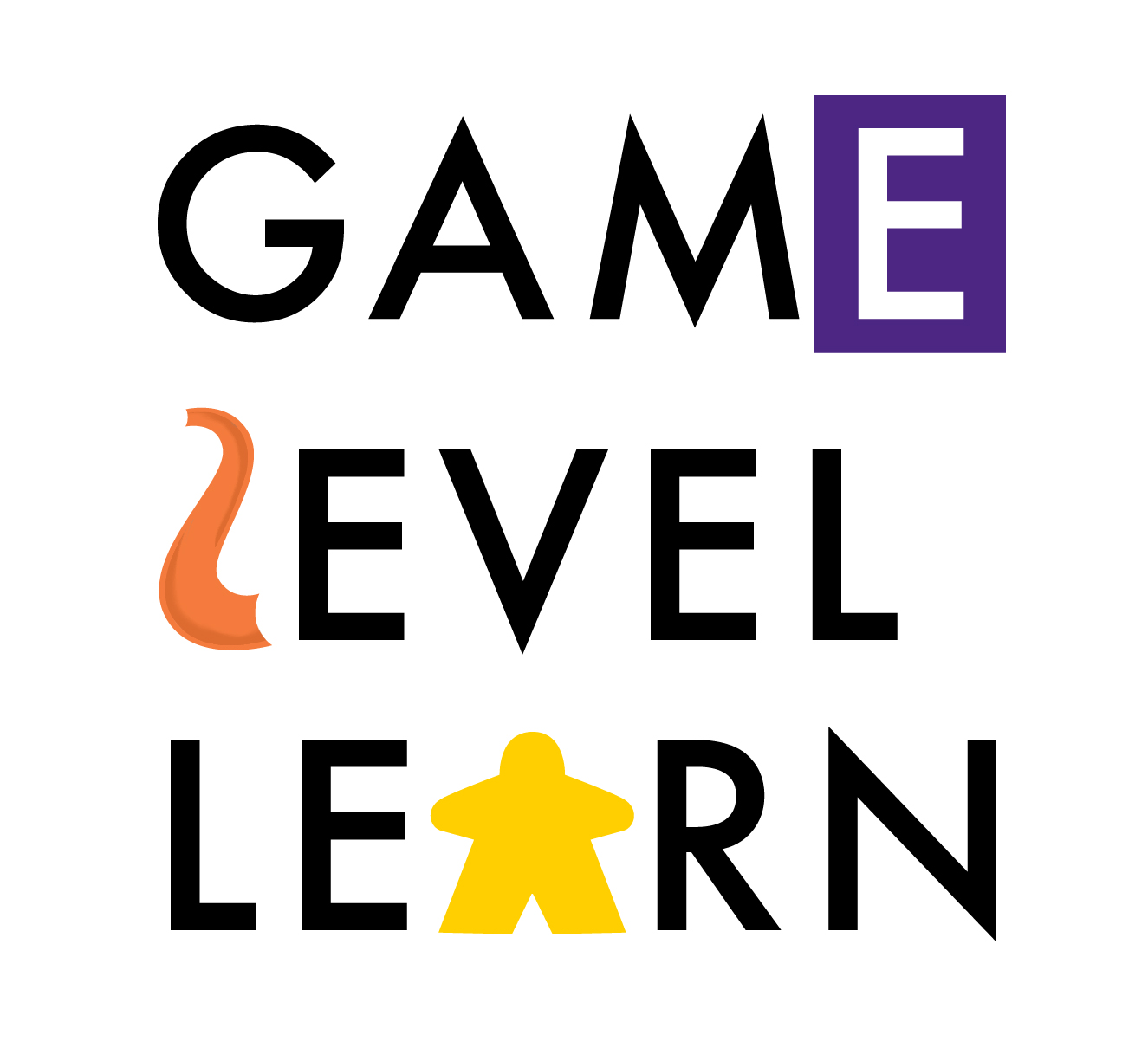51 Mechanics: Modular Board
/BoardGameGeek (BGG) is a singular repository of gaming information, knowledge and wisdom that has been serving the modern board game hobby since 2000. I consult it regularly and have used its database to manage my own game collection. I also used it when I was writing my 2016 book on gamified instruction, particularly with regard to the game mechanics that BGG identified and organized content into. While there are more than 85,000 games, even now, there are just 51 mechanics. Since every mechanic offers something to the teacher who wants to use games in the classroom, I'm going to use this section of Game Level Learn and my own contributions to it to assess games from each of these 51 mechanics. Next up?
Depending on how the board is built (at the beginning of the game, or during the game), the modular board mechanic offers an intriguing take on the question of replayability. In essence, when the board is set up, for each and every game the board is different. For a player who has a lot of experience playing a particular game, that means that there's no benefit for being a regular player in mastering the board itself. It remains a place of strategic contention. Modular board games are exciting in part because of their modularity. They're great examples of game mechanics for gamifying teachers because what they allow a teacher to do is construct an otherwise abstract space (a house, an island, a continent) in a way that maximizes the importance of random factors. The random factors might then be integrated by the students in some way during game-based learning. Indeed, the mere building of the modular board might serve a valuable game-based learning lesson.
Betrayal at House on the Hill (BGG Rank: 412)
One of the most fun games of the last fifteen years, Betrayal features a team of not-especially clever haunted house enthusiasts who decided to visit the titular House on the Hill for an evening of wackiness. As players move their characters in the house, they draw floor tiles that correspond to the floor they're on (attic, basement, etc.). In this way, the floorplan of the house is revealed. Players can generally only reveal one new tile at a time and as certain kinds of floor tiles are placed in the house, it triggers a "haunt check" to see if the cooperative game that they players are playing converts into a "traitor vs. team" game at that point. It always converts...when and in what way makes the game especially exciting.
Catan (BGG Rank: 278)
The game that in many ways got the modern board gaming movement off the ground, Catan (or Settlers of Catan for us old timers) has a board that you construct from a series of hex tiles every game. There is a pattern one might follow from the rules, but experienced players just put the tiles on the table and go for it. A very strategic resource game melded to a luck mechanic that determines what kinds of resources will be produced on a particular turn. If you haven't played Catan, you really should.
Dominant Species (BGG Rank: 49)
The heaviest game on this list, Dominant Species is a simulation of the rise of life on Earth. Players take on an abstract kind of life form (amphibians, insects) with very specific advantages and disadvantages. The players object is to become the Dominant Species. A good example of a game one could play out of the box (in a high level Biology class or Ecology), This game will strongly challenge even the most sophisticated players. And it's got a highly strategic action point system that adds to the challenge.
Dungeon Twister (BGG Rank: 759)
In Dungeon Twister, two players face off against each other with two goals in mind - escape from the dungeon...and/or prevent the other team from accomplishing this goal. Every game is different as the tiles that form the map are set up randomly. What Dungeon Twister uniquely brings to the modular board mechanic is a fiendish square on every board that when activated allows the player on the square to rotate the board she's standing on...and the other board in the game that shares the same number. Fantastic, maddening game play.
Escape: The Curse of the Temple (BGG Rank: 414)
The Escape games are great because they play in real time and the modular maps make it impossible to remember how best to escape. Because this game plays in real time, it might be a good fit for a short review exercise or an equivalent task.


